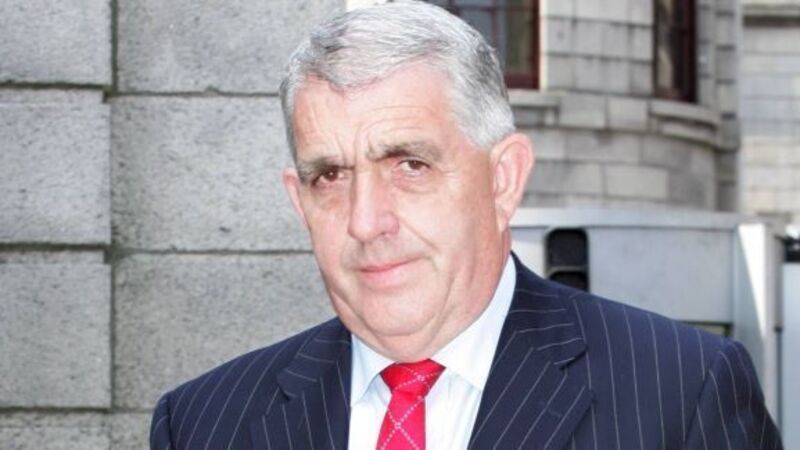Knife attacker has sentencing delayed over ‘access to solicitor’ ruling

Tadhg Costello, 18, of Richmond Hill, Monks- town, Co Dublin, was due to be sentenced yesterday after he pleaded guilty to the attempted murder of another teenager whom he admitted stabbing six times in 2012.
But the hearing was adjourned for two weeks after his barrister told the trial judge at the Central Criminal Court that he needed time to consider issues that might arise from the Supreme Court ruling.













